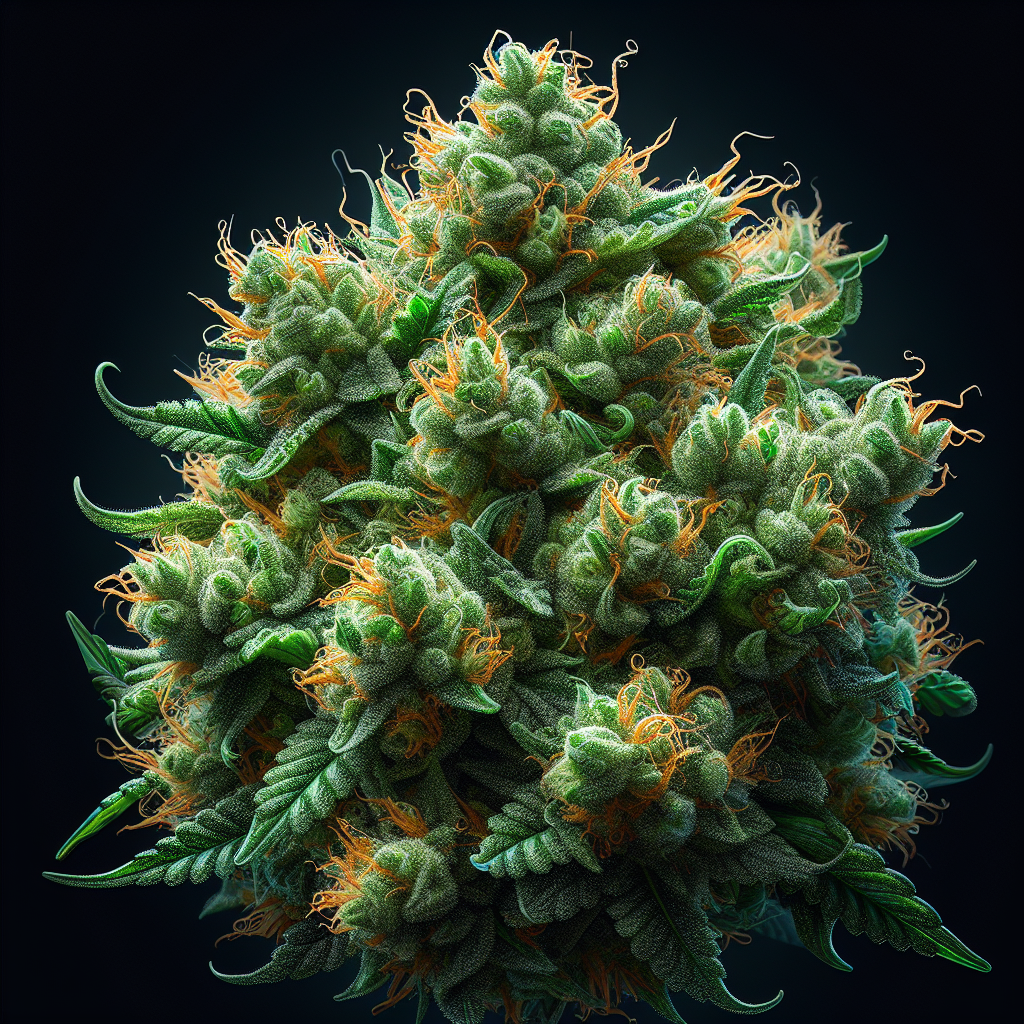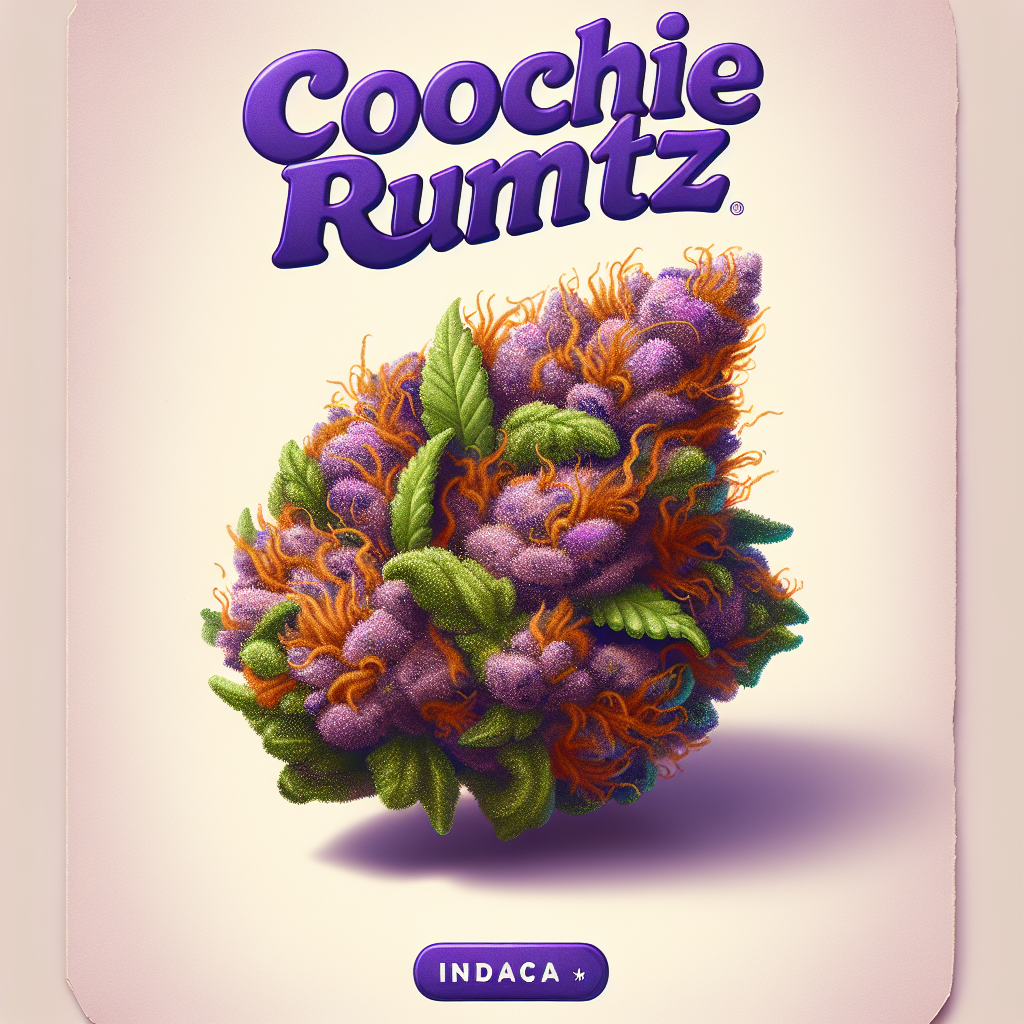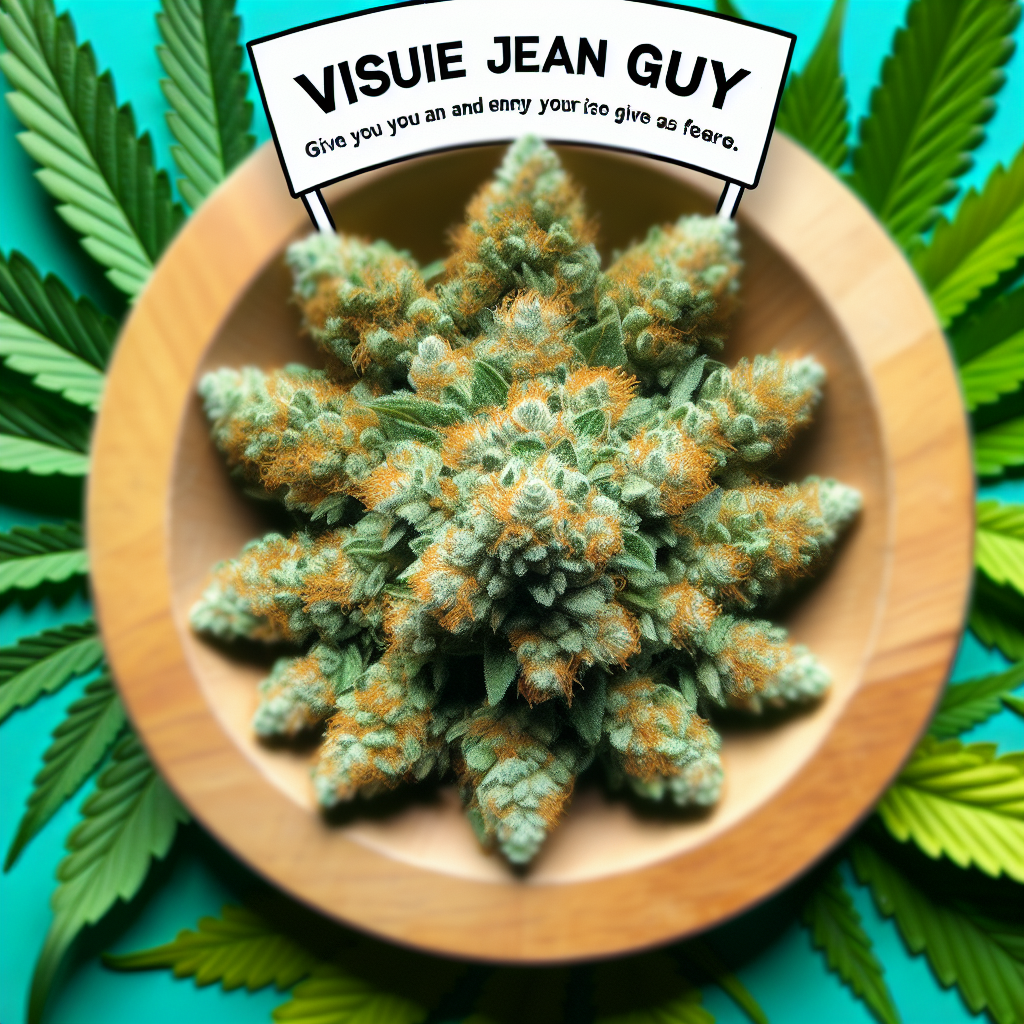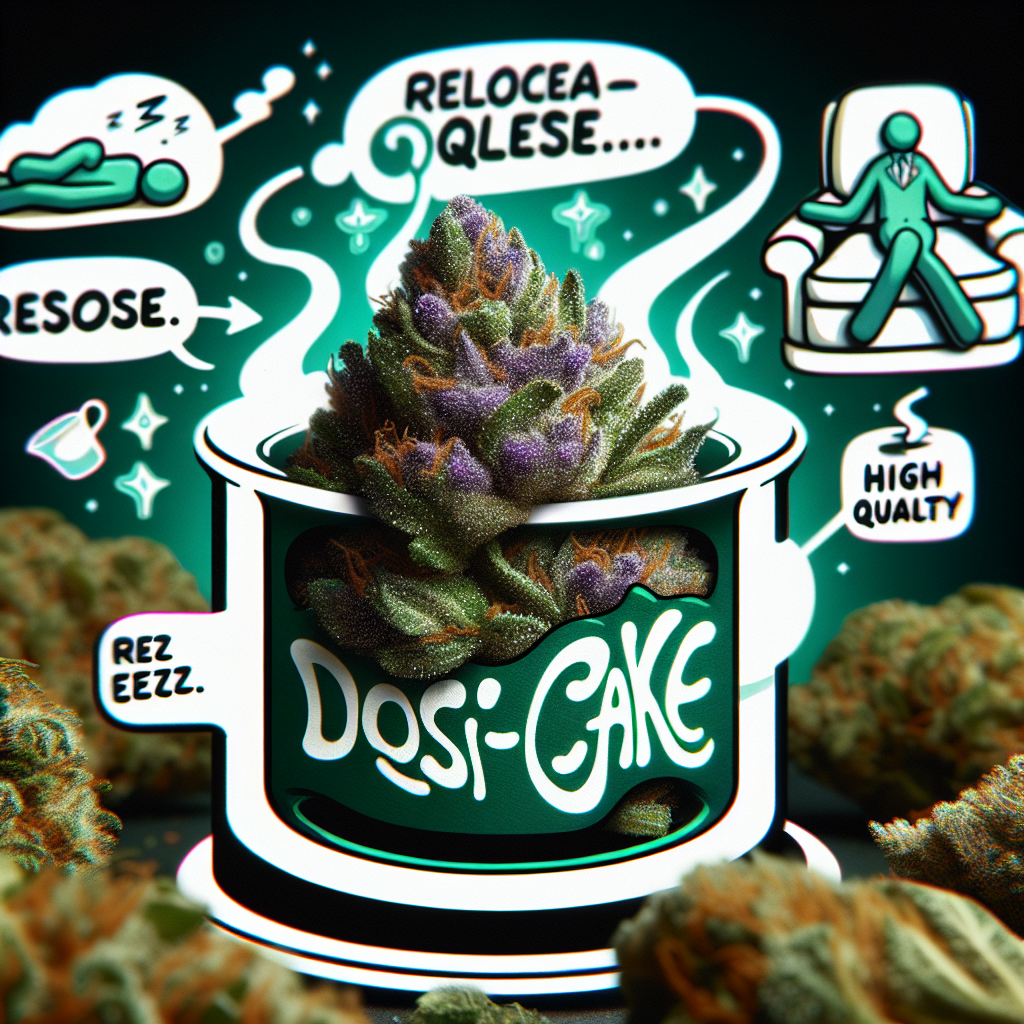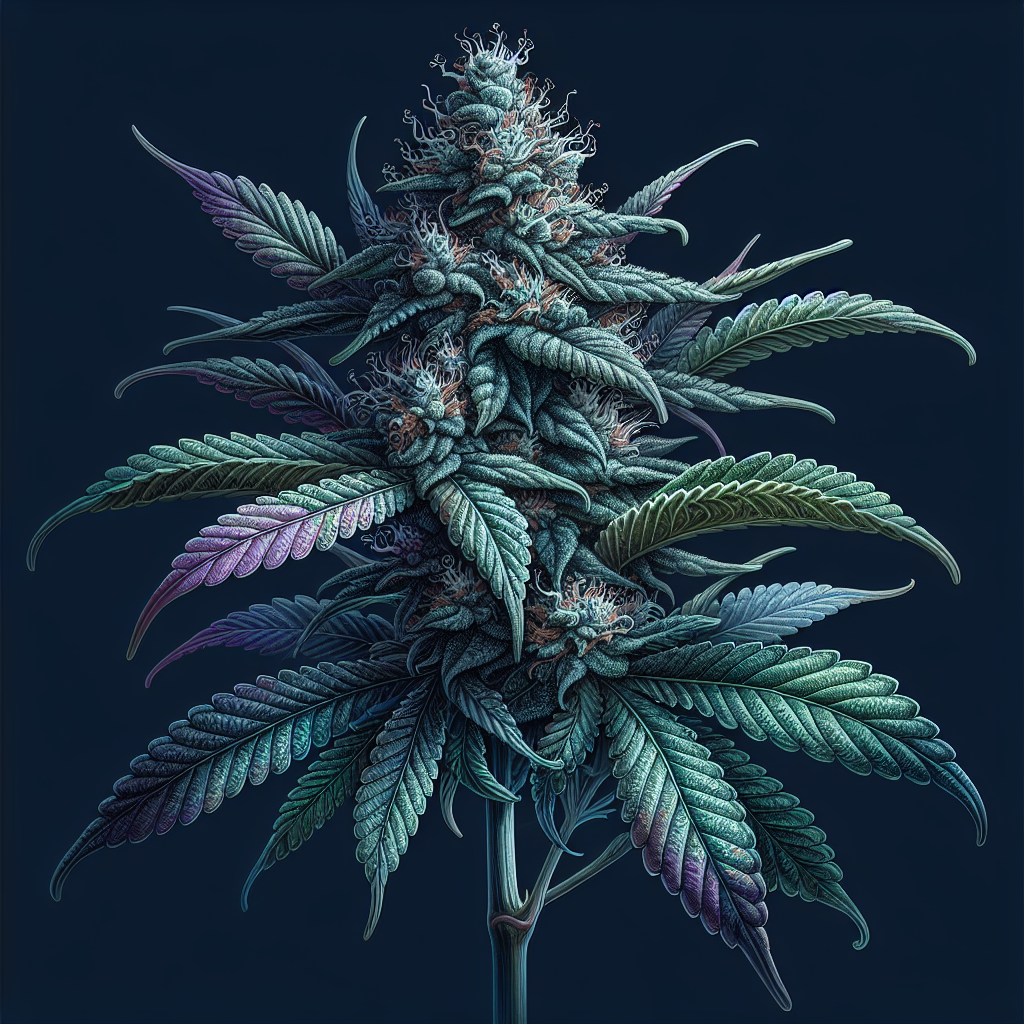THC vs. CBD: Understanding the Essential Differences
As the cannabis plant continues to gain acceptance and legality across the globe, consumers are beginning to navigate the complex world of cannabinoids. Among the most celebrated components of cannabis are tetrahydrocannabinol (THC) and cannabidiol (CBD). Though they originate from the same plant and share a myriad of health benefits, THC and CBD operate quite differently within the human body. This article aims to delve into the essential differences between THC and CBD, their effects, applications, legality, and safety profiles, all while providing a comprehensive overview for those seeking to understand these cannabinoids better.
What are THC and CBD?
THC: Tetrahydrocannabinol
THC, or tetrahydrocannabinol, is the psychoactive compound found in cannabis. It is the cannabinoid primarily responsible for the "high" that many users experience when consuming marijuana. THC interacts with the endocannabinoid system (ECS) in our body, specifically binding to CB1 receptors in the brain. This interaction leads to various effects, including euphoria, relaxation, altered senses, and impaired memory, which characterize the high.
CBD: Cannabidiol
CBD, or cannabidiol, is another significant component of cannabis that has gained immense popularity, especially for its therapeutic potential. Unlike THC, CBD is non-psychoactive and does not produce a "high." Instead, it acts on other parts of the endocannabinoid system, mainly influencing CB2 receptors which are mostly found in the immune system and peripheral tissues. This unique action profile has positioned CBD as a potential treatment for anxiety, pain relief, inflammation, and more.
Key Differences Between THC and CBD
While both THC and CBD share many similarities due to their origin, they also exhibit critical differences that consumers should understand:
1. Psychoactive Properties
The most glaring distinction between THC and CBD is the psychoactive effects associated with THC. The potent euphoric high produced by THC can be beneficial for patients looking to alleviate pain, reduce stress, or stimulate appetite, yet these effects can also lead to anxiety or paranoia in susceptible individuals. In contrast, CBD lacks these psychoactive properties. As a result, many people prefer CBD for its therapeutic benefits without the euphoric highs.
2. Therapeutic Benefits
Both THC and CBD offer a variety of therapeutic benefits, but they cater to different needs:
-
THC Benefits: Research suggests that THC can be effective for pain relief, appetite stimulation, sleep aid, and alleviating nausea. Patients undergoing chemotherapy, for instance, may find THC helpful in controlling nausea and increasing appetite.
- CBD Benefits: CBD has been studied for its potential in treating epilepsy, reducing anxiety and depression, managing chronic pain, and helping with sleep-related issues. Its non-psychoactive nature makes it appealing for individuals looking to avoid the high associated with THC while still benefitting from cannabis compounds.
3. Legality
Legislation surrounding THC and CBD varies significantly across regions:
-
THC Legality: THC is classified as a Schedule I controlled substance in the United States, which means it is illegal at the federal level. However, many states have legalized THC for recreational or medicinal use.
- CBD Legality: CBD derived from hemp (which contains less than 0.3% THC) was legalized federally in the U.S. under the 2018 Farm Bill, making it widely accessible. However, state laws may vary, and it’s essential to check local regulations.
4. Side Effects
Both THC and CBD have potential side effects, but they differ significantly in nature:
-
THC Side Effects: Users may experience dry mouth, increased heart rate, memory impairment, anxiety, and paranoia, particularly in high doses. These effects can vary widely depending on individual tolerance levels.
- CBD Side Effects: Generally considered safe, CBD can still cause side effects in some individuals, including fatigue, diarrhea, and changes in appetite. It may also interact with other medications, so consultation with a healthcare provider is advisable.
5. Drug Testing
THC is the component typically tested for in drug screenings, as it remains in the system longer than CBD. Standard drug tests largely focus on THC presence, making it important for users to be aware of the implications if they are subject to routine drug testing, especially in employment settings.
6. Dosage and Administration
THC and CBD can be consumed in various forms, including oils, edibles, capsules, and topicals. However, dosage can vary significantly:
-
THC Dosage: Medical users often start with low doses to assess tolerance. Typical dosages can range from 2.5 to 5 mg for beginners, potentially scaling up depending on effects and needs.
- CBD Dosage: CBD dosing also requires personalization, with recommendations generally starting at 5 to 10 mg daily. Some products indicate dosage based on the concentration of CBD they contain.
7. Effects on the Mind and Body
The way THC and CBD affect both the mind and body varies significantly:
-
THC Effects: Known for its mind-altering effects, THC can induce feelings of pleasure and relaxation. However, this can lead to cognitive and motor impairments, affecting tasks requiring focus and concentration.
- CBD Effects: CBD tends to promote a sense of calmness without impaired cognitive functions. Many users report a more balanced mental state, making it suitable for those needing anxiety relief without affecting their daily functioning.
The Entourage Effect
One interesting area of study surrounding THC and CBD is the "entourage effect." This refers to the potential for cannabinoids and terpenes (aromatic compounds in cannabis) to work synergistically, possibly enhancing the therapeutic effects of each component.
Some research suggests that combining THC and CBD may lead to improved outcomes for certain conditions, highlighting the potential of full-spectrum products that contain a range of cannabinoids and terpenes. These products aim to capitalize on the entourage effect, potentially offering more effective treatments than isolated cannabinoids.
Consumer Considerations
As consumers explore the cannabis market, understanding whether THC, CBD, or a combination of both is appropriate for their needs is crucial. Here are some considerations to take into account:
-
Health Conditions: Individuals must consider their specific health conditions, as different cannabinoids may work better for certain afflictions. For instance, those dealing with anxiety might lean towards CBD, whereas someone seeking pain relief might benefit from THC.
-
Personal Preferences: Some individuals may not want to experience psychoactive effects, making CBD a more preferable option for them.
-
Legal Implications: Understanding local laws regarding cannabis use can help consumers make informed decisions about which products they can legally purchase or utilize.
-
Product Quality: The cannabis market is somewhat unregulated, meaning product quality may vary. It’s crucial to obtain products from reputable sources that provide third-party testing for cannabinoid content and purity.
- Dosage Consultation: Consulting with healthcare professionals knowledgeable about cannabis can provide personalized dosage recommendations, potentially enhancing therapeutic benefits while minimizing risks.
Conclusion
The debate between THC and CBD is not simply a matter of preference; it is a discussion about understanding how each cannabinoid affects the body, the benefits they offer, and how they operate within legal frameworks. By knowing the essential differences between THC and CBD, consumers can make more informed decisions tailored to their health needs and lifestyle.
FAQ Roundup
1. What is the primary difference between THC and CBD?
The primary difference is that THC is psychoactive and produces a "high," while CBD is non-psychoactive and does not induce any intoxicating effects.
2. Is THC legal everywhere?
No, THC is classified as a Schedule I controlled substance in the U.S. federal law, making it illegal at the federal level. However, many states have legalized THC for medical or recreational use.
3. What are the common side effects of THC?
Common side effects of THC include dry mouth, increased heart rate, memory impairment, anxiety, and paranoia.
4. Can CBD get you high?
No, CBD does not cause a "high" as it is non-psychoactive.
5. How do THC and CBD interact with the endocannabinoid system?
THC primarily binds to CB1 receptors in the brain, leading to psychoactive effects, while CBD interacts with CB2 receptors, mostly influencing the immune system, resulting in therapeutic effects without intoxication.
6. What are the therapeutic benefits of CBD?
CBD has been researched for potential benefits in managing anxiety, chronic pain, inflammation, epilepsy, and sleep-related issues.
7. Can I take CBD and THC together?
Yes, some users find that using both cannabinoids together can produce enhanced therapeutic effects, a phenomenon known as the entourage effect.
8. How do I know which product is right for me?
Consider your health conditions, personal preferences regarding psychoactive effects, and legal considerations in your area. Additionally, consulting healthcare professionals can help tailor your approach.
In summary, whether you choose THC, CBD, or a combination of both, understanding the fundamental differences will empower you to make informed choices within the evolving landscape of cannabis consumption.
